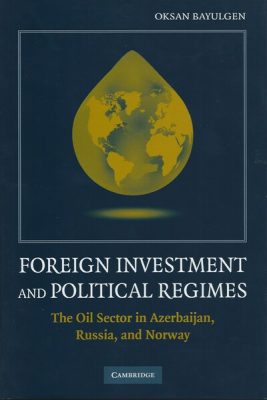Oksan Bayulgen, Author
Political democratization and economic globalization have been two of the most important global trends of the past few decades. But, how are they connected? Do the domestic political institutions affect a country’s attractiveness to foreign investors? Can countries that democratize attract relatively more foreign investments? Drawing on three in-depth case studies of oil-rich countries and statistical analyses of 132 countries over three decades, Oksan Bayulgen demonstrates that the link between democratization and FDI is nonlinear. Both authoritarian regimes and consolidated democracies have institutional capabilities that, though different, are attractive to foreign investors. Democracies can provide long-term stability, and authoritarian regimes can offer considerable flexibility. The regimes that have started on the road to democracy, but have not yet completed it, tend to have political institutions that provide neither flexibility nor stability. These hybrid regimes, then, also find it relatively more difficult to construct a policy environment that is attractive to foreign investments. These findings have deep implications for the link between democratization and globalization, but also how globalization may affect political, social, and economic development.
